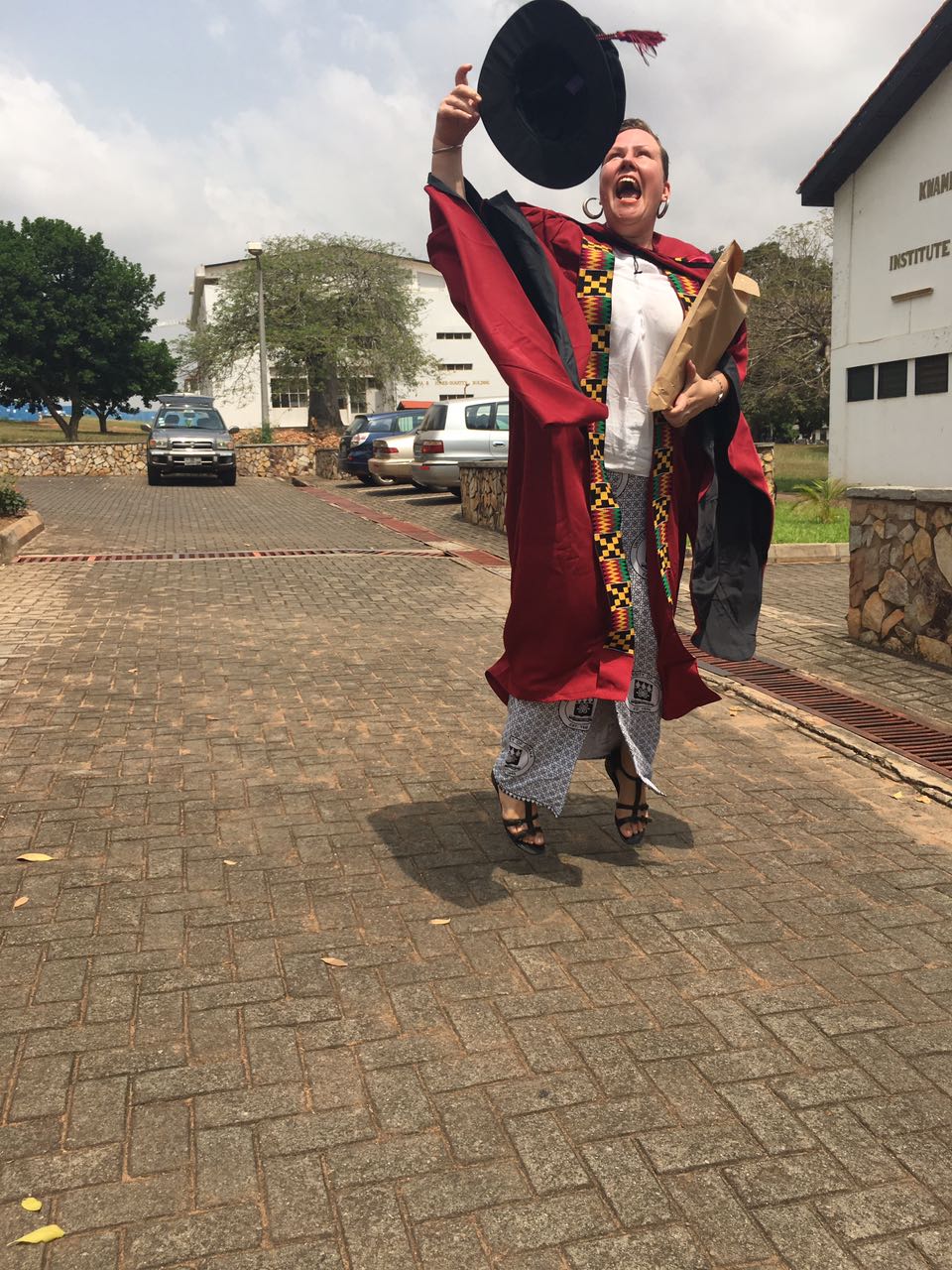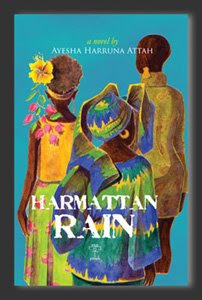> Since I came to Ghana, I have been trying to learn the language most often spoken around me, Twi. It is an Akan language spoken as a first language by about 40% of the Ghanaians and as a secondary language my many more.
Since I came to Ghana, I have been trying to learn the language most often spoken around me, Twi. It is an Akan language spoken as a first language by about 40% of the Ghanaians and as a secondary language my many more.
Ever since I was given a pajama with the mysterious world fleur on it, learning a language is something that has been intriguing to me. My mother told me the word meant “flower” in French, which was somewhat confirmed by a white flower blossoming below the puzzling word. When i said “fleuuur”, I was speaking French! That thought always made me smile.
Language opens doors and can make you become a part of something new, which I touched on earlier here. A newly discovered fellow “obruni” (foreigner) Maame J, descibes her and her half-Ghanaian son’s journey to learn Twi here. It is highly interesting reading for me, and what hits me it how difficult it is to find the tools for learning, so I’d thought I’d describe my process of learning Twi here on my blog.
1, I learned numbers and the Ghanaian weekday-names (find out your name here). A good investment.
2, During my first visit to Ghana, I picked up common phrases like
(Thank you) Me da wo ase (Reply) – Me nda wo ase
(Greeting) – Agoo (reply) Amee
(Wishing someone happy holidays) Afe hya pa (reply) – Afe nkommo tu ye
(How are you?)Ete sen? (reply) – Eye (NOTE spelling is indicative)
It was really difficult just to remember the simplest of phrases.
3, I bought a book in preparation for my move to Ghana, “Let’s Learn Twi: Ma Yensua Twi”. It was ok, for a schooled person it is always good to get the spelling and “look” of foreign words. However, some phrases were a bit old-fashioned. For example few Twi speaking people today say Mema wo akye (I give you daylight), but rather uses the English “Good morning”.
4, I lived with my mother in law for three months and really got the melody of the beautiful language, she speaks the Fanti dialect, as well as all possible greetings (nkyea) under my skin. This is probably the best way to learn a language.
5, Bought Florence Abena Dolphyne’s text book, “A Comprehensive Course in Twi (Asante) for the Non-Twi Learner” a smallish red text book from the University of Ghana bookstore for GHC 4 (same in USD) which is a very useful manual for learning the language. It also has extremely useful phrases like Me ye osuani (I’m a student).
6, Lately, I have been lazy and just lived in the language. Interestingly, it seems like I cant help but learning just from existing in a Ghanaian context. I speak to guards, professors, relatives and coworkers and listen (ok, eavesdrop) a lot too.
7, The future hopefully holds a course of some kind. Maybe at the University of Ghana or some other institution. I need to get into the next gear.
The best resource for learning a language is probably a life partner speaking that language. However, my husband has not been very helpful after step one, but that proves that even without that type of support it is possible to learn a language. Apart from books there are resources on the web such as the Twi-English Dictionary (seems to focus on biblical phrases). Kotey’s dictionary can also in part be accessed online. Google Twi Kasa, I have written about here. Wikipedia in Twi can be found here. A video on kids learning Twi here. I have also come across a Twi Pimsleur audio course on the net, as well as the US Foreign Service course has anyone tried them?
Most interestingly I found this 43things-list of 27 people who want to learn Twi. Well, 28 with me!
In the pic, a beautiful silent sculpture I came across in North Legon last week.








